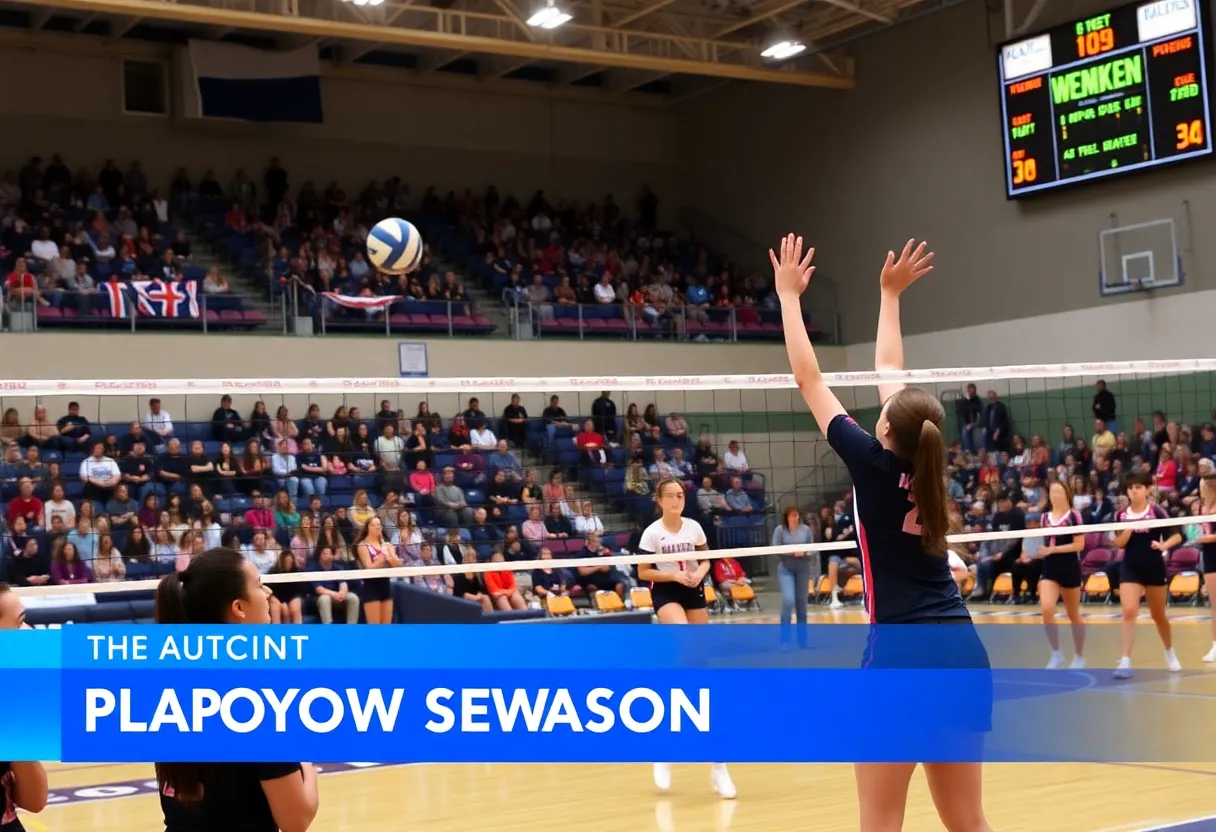News Summary
Destiny House, a vital program for sex trafficking survivors in Las Vegas, is facing severe financial challenges due to recent funding cuts. Founded by Annie Lobert in 2007, this organization has aided thousands through holistic care. With a budget of $1.3 million and a third of funding from federal grants, significant cuts have endangered its operations. Destiny House serves 23 clients annually but aims to expand to 50 as demand rises. The future of survivor support in the community remains uncertain amid funding uncertainties.
Las Vegas Faces Strain on Survivor Care as Destiny House Struggles Financially
Las Vegas, NV – Destiny House, a vital sex trafficking survivor program based in Overton, is facing significant financial challenges amid recent funding cuts. Founded by Annie Lobert in 2007, Destiny House has played an essential role in aiding thousands of survivors through holistic care and supportive services. The program’s ability to offer assistance is now threatened by a scarcity of available funding following the cessation of several federal grant programs.
The organization operates on an annual budget of $1.3 million, with approximately one-third of its funding coming from federal grants. However, recent cuts under the Trump administration have severely impacted Destiny House. The U.S. Department of Justice has terminated 365 grant programs related to support for victims of sex trafficking, directly hindering the availability of resources for organizations like Destiny House.
Destiny House typically receives between 600 to 1,000 calls per year from individuals seeking help, highlighting the high demand for its services. Currently, the program accommodates 23 clients annually but aims to increase this number to 50, requiring additional funding and staffing. Lobert, who employs 18 staff members, many of whom are survivors themselves, finds it increasingly challenging to secure the necessary resources as funding applications face delays and complications due to website changes at the DOJ.
Despite receiving some private grants, the overall shortage of funds has created limitations on Destiny House’s capacity to serve the survivor community effectively. Additionally, concerns regarding donor contributions have emerged as economic challenges continue to affect non-profit organizations across the country.
Survivor Support and Program Initiatives
Destiny House provides residents with a respite of nine to 24 months, during which clients receive critical services such as counseling and emotional support. The organization aims to help survivors rediscover their purpose and work toward self-sufficiency, employing a multifaceted approach that includes various support initiatives like K.I.S.S (Keeping Innocent Sisters Safe) and the Saturday Night Love outreach program.
Despite inherent challenges, Lobert is committed to expanding the organization’s reach, eyeing plans to launch a second Destiny House and produce a book of daily devotionals designed for survivors. Nonetheless, the demand for services remains daunting, as many survivors encounter waiting lists while seeking assistance. Lobert emphasizes the importance of small, regular donations, stating that these contributions can significantly influence operational sustainability.
Background on Human Trafficking in Nevada
Nevada is recognized as one of the leading states in the U.S. for human trafficking incidents per capita, underscoring the urgent need for effective support services for survivors. Lobert’s own journey began after enduring over a decade of violence and manipulation at the hands of several pimps in Las Vegas before she managed to escape and dedicate her life to helping others in similar situations.
Destiny House seeks to provide compassionate care without imposing religious beliefs, welcoming survivors from various backgrounds and orientations. The organization has faced criticism for its policies and perspectives on sexuality but stresses its commitment to non-discrimination, helping individuals regardless of their belief systems.
As Destiny House grapples with these funding uncertainties, the impacts on their operations raise vital questions about the future accessibility of necessary services for sex trafficking survivors within the Las Vegas community. The organization’s rich history of support remains a crucial lifeline, but without adequate funding, its capacity to aid those in need may be compromised.
Deeper Dive: News & Info About This Topic
HERE Resources
Additional Resources
- Las Vegas Weekly: Southern Nevada Sex Trafficking Survivor Program
- Review Journal: Former Prostitute Assists Women Seeking to Escape Sex Industry
- News 3 LV: Destiny House Struggles with Financial Shortfall
- MSNBC: Hookers for Jesus Founder Annie Lobert
- Wikipedia: Human Trafficking in the United States

Author: STAFF HERE LAS VEGAS WRITER
The LAS VEGAS STAFF WRITER represents the experienced team at HERELasVegas.com, your go-to source for actionable local news and information in Las Vegas, Clark County, and beyond. Specializing in "news you can use," we cover essential topics like product reviews for personal and business needs, local business directories, politics, real estate trends, neighborhood insights, and state news affecting the area—with deep expertise drawn from years of dedicated reporting and strong community input, including local press releases and business updates. We deliver top reporting on high-value events such as Electric Daisy Carnival, World Series of Poker, and Consumer Electronics Show. Our coverage extends to key organizations like the Las Vegas Chamber of Commerce and Three Square Food Bank, plus leading businesses in hospitality and entertainment that power the local economy such as MGM Resorts International, Caesars Entertainment, and Las Vegas Sands. As part of the broader HERE network, we provide comprehensive, credible insights into Nevada's dynamic landscape.



